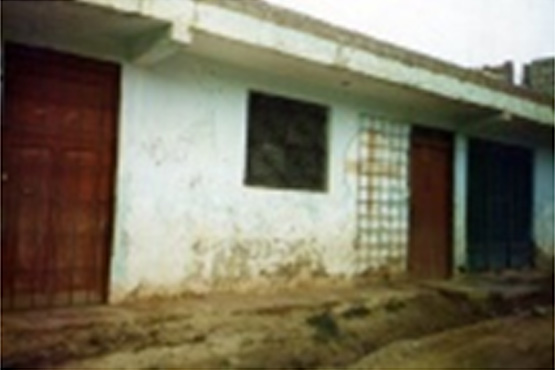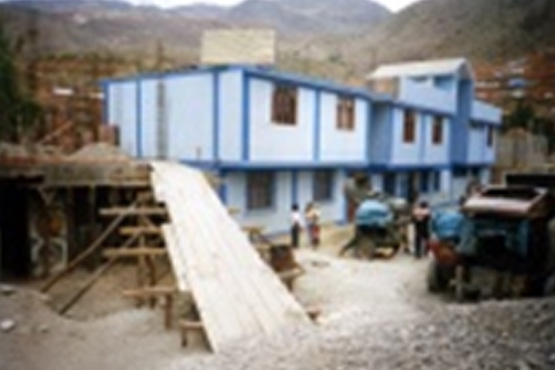Participatory Planning and Budgeting to Meet Local Priorities
Posted on Mon, 2008 – 11 – 24 11:39
Health care in the community of Las Moras in Huánuco, Peru consisted of a poorly equipped one-room health post staffed by an auxiliary nurse and visited by few patients.
Then in 1994, with advice from Future Generations staff, the Peruvian Ministry of Health gave more control over the management of this clinic to the community.
The new Shared Administration Program created the incentive for a government-community partnership to improve health services.
The government helped communities form local private non-profit associations called Comunidades Locales de Administración de Salud (CLAS).
CLAS give communities a voice in priority-setting and oversight as well as direct control over public health funds, which are now reinvested in infrastructure, equipment, and human resources.
Since the inception of CLAS, Future Generations has worked with the government, civil society, and local communities to design the CLAS system and build the capacity of communities to thrive within the new governance and budgeting framework.
As a result, the Las Moras Health Center built additional consultation rooms and a birth center, purchased necessary equipment and supplies in a timely manner, and increased the staff to 36 members, including doctors.
With technical guidance from Future Generations, Las Moras has been developed as a Model CLAS, an action learning and outreach center to pilot new ideas and share learning with other CLAS and government personnel throughout the country.
One of the most promising innovations is a network of community health agents (CHAs). CHAs are trained and supervised by health personnel to visit families with pregnant women and children under two years old for check ups, referrals, and health education. This outreach system has quadrupled the level of coverage for maternal and child health care.
Las Moras is not an isolated success story. CLAS has spread across the country, improving health care coverage and the efficiency of service delivery. CLAS
committees now oversee one-third of all government primary health services.
CLAS, supported by the financial and administrative systems of the Peruvian Ministry of Health, mobilizes — through participatory budgeting, donations, prepayment schemes, or other means —complementary resources from local municipalities and other governmental and non-governmental entities to meet health sector goals.
This strategy of direct community involvement has resulted in more public and private funds for local health facilities and greater efficiency in the use of these resources to increase the quality and utilization of health services.
Studies (several available in the publications section of this website) show that CLAS achieves greater coverage of key health services for mothers and children, greater equity and higher levels of satisfaction than traditionally operated public primary care services.
Future Generations supports CLAS by linking the functions of participatory budgeting and management more effectively with communities and local municipalities.
The goal is to develop an effective and efficient community-oriented health model based on incorporating participatory and results-oriented budget processes into municipal oversight of primary health care service delivery.
Future Generations trains teams of municipal officials, health sector personnel and community representatives to work with local communities. Together, this partnership develops a strategic vision and work plan based on local data and community priorities.
For community priorities that require resources from outside the community, projects are presented to the municipal government through an annual participatory budgeting process. Municipal officials have found this an ideal method for both ensuring that they satisfy community needs and demands as required by law and learning new skills in community organizing.
The effort to increase transparency by opening public decision making and social control to public participation contributes to decentralization in Peru.
The aim of programs like CLAS is to empower citizens, communities, and institutions to collaboratively manage the use of public resources, achieving the goals of equity and sustainability through the shared local governance of social services and development investments.
Following these principles, the Las Moras community in Huánuco has significantly reduced chronic childhood malnutrition, won recognition from the Ministry of Health and the National Society of Industries in Peru, and serves as a national demonstration and training center for replicating the CLAS model in other regions of the country and abroad.
(Adapted from an article by Laura Altobelli, published in the IBP Newsletter –International Budget Project – August 2008 www.ibp.org )

Before : The Las Moras primary health care facility before the community was an active participant

After: The Las Moras primary health center with community planning and budgeting

